
For strength athletes, nutrition plays a pivotal role in achieving optimal performance and muscle growth. A well-crafted diet plan is essential for fueling workouts, supporting recovery, and maximizing strength gains. This guide delves into the key components of a nutrition plan tailored for strength training for athletes looking to enhance their dietary approach for better results.
Understanding the Basics of Nutrition for Strength Training:
A successful diet plan for strength gains hinges on understanding and balancing the three macronutrients: proteins, carbohydrates, and fats. Each plays a unique role in supporting strength training efforts:
- Protein is crucial for muscle repair and growth. Aim for a high protein intake, with sources like lean meats, dairy, legumes, and protein supplements, to support muscle recovery and hypertrophy.
- Carbohydrates fuel intense training sessions and aid in recovery. Focus on complex carbohydrates, such as whole grains, fruits, and vegetables, to provide a steady energy source.
- Fats are essential for hormone production and overall health. Incorporate healthy fats from sources like avocados, nuts, seeds, and fatty fish into your diet.
Crafting Your Strength Training Diet Plan:
1. Calculate Your Caloric Needs: Start by determining your daily caloric requirements, factoring in your basal metabolic rate (BMR) and level of physical activity. Strength athletes often need a caloric surplus to support muscle growth and recovery.
2. Balance Your Macros: A general guideline for strength athletes is to consume a diet comprising approximately 30% protein, 50% carbohydrates, and 20% fats. Adjust these ratios based on your individual response and goals.
3. Meal Timing and Frequency: Consider the timing of your meals to optimize performance and recovery. Eating a meal rich in protein and carbohydrates before and after your workouts can enhance muscle protein synthesis and replenish energy stores.
4. Hydration: Proper hydration is crucial for optimal performance in the gym and overall health. Aim to drink at least 3 liters of water per day, or more if your training sessions are particularly intense or long.
Supplementation for Strength Gains:
While whole foods should form the foundation of your diet, certain supplements can support your strength training goals:
- Protein Powders: Whey or plant-based protein powders can help meet your daily protein requirements.
- Creatine Monohydrate: Well-researched and proven to support increases in strength and muscle mass.
- Branched-Chain Amino Acids (BCAAs): May aid in muscle recovery and reduce exercise-induced muscle soreness.
Monitoring and Adjusting Your Diet Plan:
Regularly monitor your progress and adjust your diet plan as needed. Keep an eye on changes in body composition, strength levels, and how you feel during workouts. Nutrition is highly individualized, and what works for one athlete may not work for another.
Building a diet plan for strength gains requires a strategic approach to nutrition, focusing on macronutrient balance, caloric intake, meal timing, and proper hydration. By tailoring your diet to your specific strength training needs, you can support muscle growth, enhance recovery, and achieve your performance goals. Remember, consistency and adaptability in your nutrition plan are key to long-term success in strength sports.
Optimizing your nutrition for strength training is a dynamic process that evolves with your training demands and goals. Stay informed, be flexible in your approach, and don't hesitate to seek guidance from nutrition professionals to maximize your strength gains and overall athletic performance.










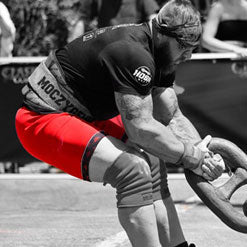




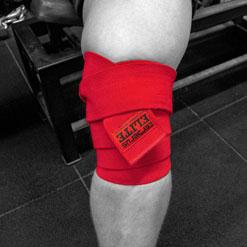


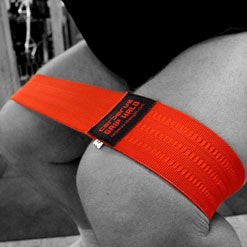


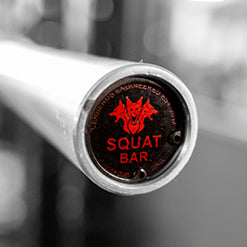











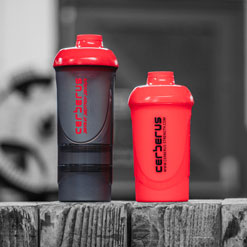














Love article I’ve learned flexible diet as to needs each changing day has done me well in strength gains max leg press today 900lbs where month ago was 700lbs so this appears to be the right approach thanks Roy